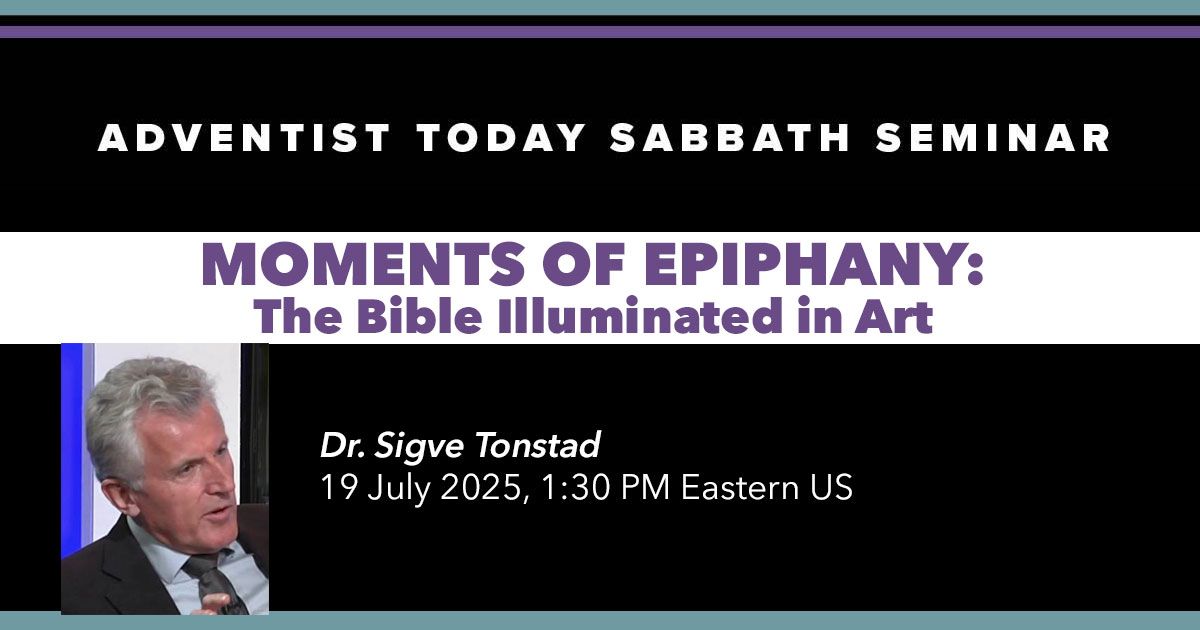
by Melody Tan | 17 July 2025 | I’m writing this having waved my soon-to-be nine-years-old son goodbye. He’s off to school independently, on a public bus for the first time. Let me clarify that this was just a trial run. We are not planning for this to be the beginning of a new going-to-school […] Source: https://atoday.org/time-is-ticking/


 (
(
 Lesson 3: Rough Start
Lesson 3: Rough Start 3.5 Like God to Pharaoh
3.5 Like God to Pharaoh God equips those He calls – even in spite of excuses
God equips those He calls – even in spite of excuses Introduction
Introduction Bible Study on Exodus 6:28–7:7
Bible Study on Exodus 6:28–7:7 Context and Background
Context and Background Verses 6:28–30
Verses 6:28–30 Practical Application
Practical Application Conclusion
Conclusion Thought of the Day
Thought of the Day Story Conclusion
Story Conclusion July 17, 2025
July 17, 2025 DAILY BIBLE READING
DAILY BIBLE READING Leviticus 2 – The Grain Offering – Worship Through the Everyday
Leviticus 2 – The Grain Offering – Worship Through the Everyday God’s holiness meets us in the simple things
God’s holiness meets us in the simple things Bible Text – Leviticus 2 (KJV)
Bible Text – Leviticus 2 (KJV) Introduction
Introduction Commentary
Commentary Summary
Summary Message for Us Today
Message for Us Today Reflection Questions
Reflection Questions
 July 13 – 19, 2025
July 13 – 19, 2025 1. Jacob flees – alone, afraid, and broken
1. Jacob flees – alone, afraid, and broken Reflection Question
Reflection Question July 17, 2025
July 17, 2025 The Discipline of the Tongue
The Discipline of the Tongue Speak so that life grows – not fades
Speak so that life grows – not fades ────────────────
──────────────── Bible Verse
Bible Verse Introduction
Introduction Devotional
Devotional  Story: “The Feathers in the Wind”
Story: “The Feathers in the Wind” Reflection – What does Ephesians 4:29 mean to you?
Reflection – What does Ephesians 4:29 mean to you? Today’s Reflections
Today’s Reflections Say at least one encouraging sentence to someone who doesn’t expect it.
Say at least one encouraging sentence to someone who doesn’t expect it. Pause before speaking. Ask yourself: Will what I say build up or tear down?
Pause before speaking. Ask yourself: Will what I say build up or tear down? Memorize Ephesians 4:29. Let it become your inner filter.
Memorize Ephesians 4:29. Let it become your inner filter. Keep a “speech journal” for one week: Note when you consciously spoke positively – or when you should have.
Keep a “speech journal” for one week: Note when you consciously spoke positively – or when you should have. Prayer
Prayer Takeaway
Takeaway 

